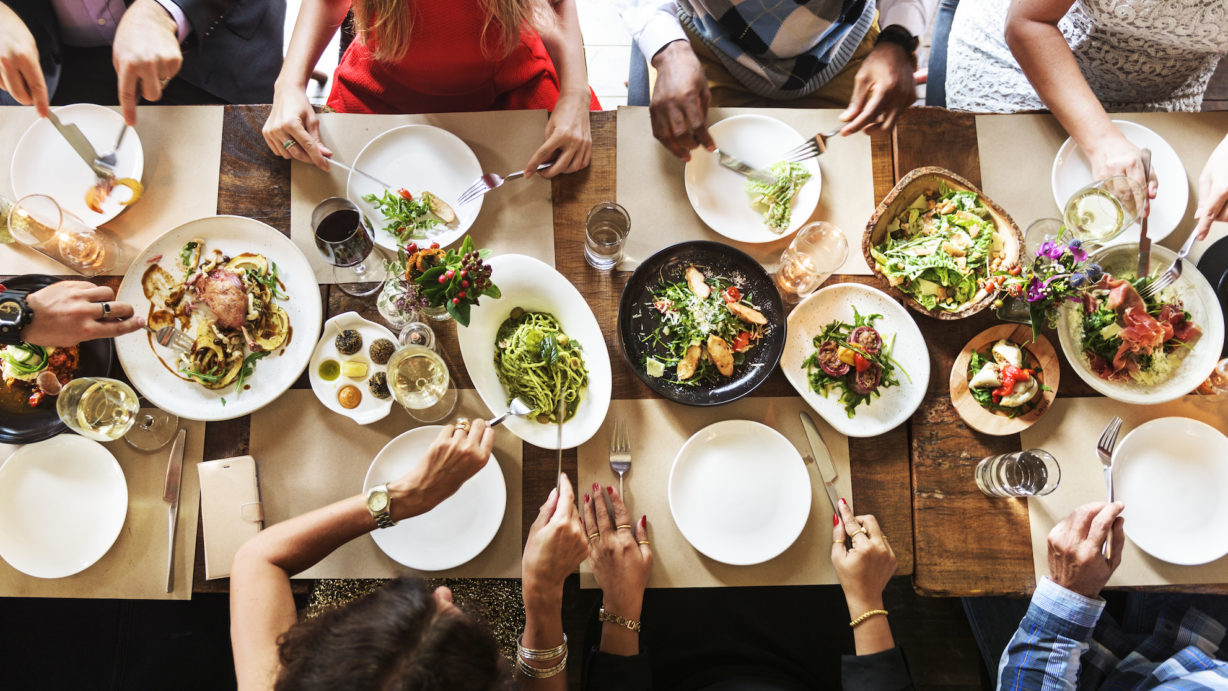How to Respond to Comments About Your Body or Food During the Holiday

You’re present. Having fun. Then it happens: A relative, family friend, or coworker makes a comment about your body or what you’re eating.
You’re angry. You’re sad. You can’t believe how unbelievably rude this person is. It’s a holiday mood killer. And honestly, it sucks.
At the same time, however, there is something positive about this situation: You are in control of what you do next.
Here are some tips—developed with Midwest Counseling’s Sarah Russell Hill, LCPC, CEDS—for handling unwelcome comments about your body, other people’s bodies, and food during the holidays.
Here are some replies you can have in your back pocket, if you need them
- “You don’t have to worry about this.”
- “I’ve got this under control.”
- “My ideas of health and yours are different.”
- If you’re in treatment: “I’m working with my doctor.”
- If you’re in treatment: “I’m working with my team.”
Make it clear that you’re not interested in hearing the person’s opinion about your body or food.
It can be tough. Family members, especially, can be hard to set boundaries with because they’re family and the dynamics can be complicated.
In any case, be clear and be firm. If the person doesn’t get it, reiterate that it’s important to you that they respect your request to change the subject.
You might say something like, “When you criticize my body, it really hurts my feelings and makes it difficult for me to enjoy spending time with you.”
It may make the person uncomfortable, but it might also help them understand how their comments are really being received, and how they impact you.
When the person who made the comment is a family member or someone you know well, you might already have an idea of their ability to respect your boundaries.
Gauge the situation and your feelings. You don’t have to engage. You don’t have to change the subject. You can just leave.
It’s not unusual to think something like, “Maybe I shouldn’t eat that,” and then try to exercise dietary control out of shame, fear, or guilt. When that happens, it’s important to do the opposite of what shame, fear, or guilt tell you to do.
Take that second helping or slice of pie: Enjoying food is part of what holiday celebrations are about! Don’t restrict yourself or wait until the day after the festivities to indulge while no one is watching.
If you suspect a comment about your body or food could throw you off, build in support ahead of time with a trusted family member or friend. Make plans to check in with them with a call or text when you need support or to vent. If you can’t connect with that person in the moment, step away for a few minutes to write a short email or to journal in your phone.
During the holidays—or any time—you can always prioritize what’s right for you and your mental, emotional and physical health.
your healing journey today.
